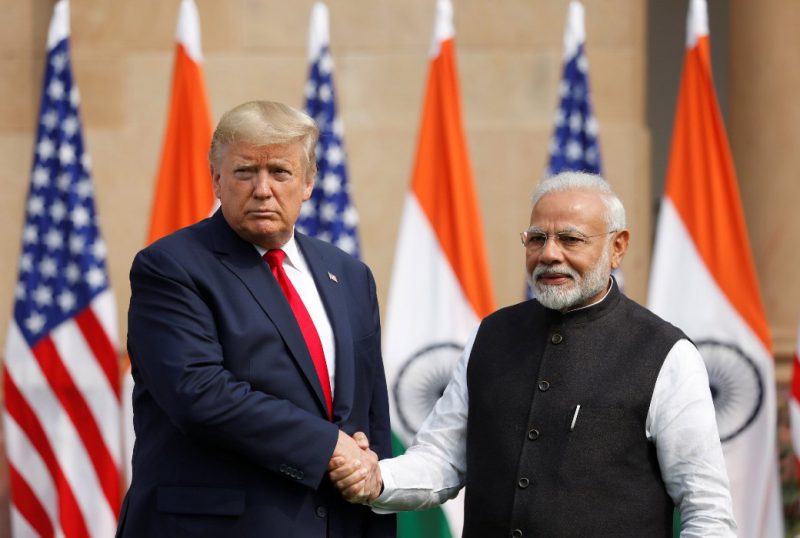The US will hit BRICS member India with an additional 25% tariff effective August 27th, following the signature of a new executive order by Trump today. The new tariff is set to “stack” on top of an existing country-specific tariff of 25%, and is being imposed upon India for purchasing Russian oil. Trump also accuses the country of “effectively financing the Russian war in Ukraine,” with the oil purchase.
“They’re fueling the war machine,” Trump claimed in a CNBC interview this week. “I find that the Government of India is currently directly or indirectly importing Russian Federation oil.” The latest Goldman Sachs India forecast sets real GDP growth at 6.5% for 2025 and 6.4% for 2026. Despite Trump’s 25% tariffs threat, brokerages remain hopeful that final tariff rates may actually settle between 15-20% through negotiations, which could limit the Indian economic slowdown. While negotiations may still be possible, it appears a combined 50% tariff on India appears imminent.
India, Other Nations Hit Hard by Tariffs This Week
India and China are the two BRICS nations that have been hit the heaviest by tariffs out of the grouping. The former has been working to revitalize its relationship with the US through deals, but the latest tariff represents a step backward. However, India isn’t the only country being hit by last-minute tariff decisions this week from the US. In the past several days, Trump has unleashed a flurry of deals and trade moves leading up to his self-imposed deadline. These include tariffs on Canada of 35%, 50% tariffs on Brazilian goods, and a settled 15% tariff on EU goods.
Also Read: India BRICS Relations Wake-Up Call: China Offers Better Deal Than US
India said that it is “extremely unfortunate that the US should choose to impose additional tariffs on India for actions that several other countries are also taking in their own national interest,” according to a statement in response to the new levies. “We have already made clear our position on these issues, including the fact that our imports are based on market factors and done with the overall objective of ensuring the energy security of 1.4 billion people of India,” an official spokesperson for India’s Ministry of External Affairs said. “We reiterate that these actions are unfair, unjustified, and unreasonable.”





